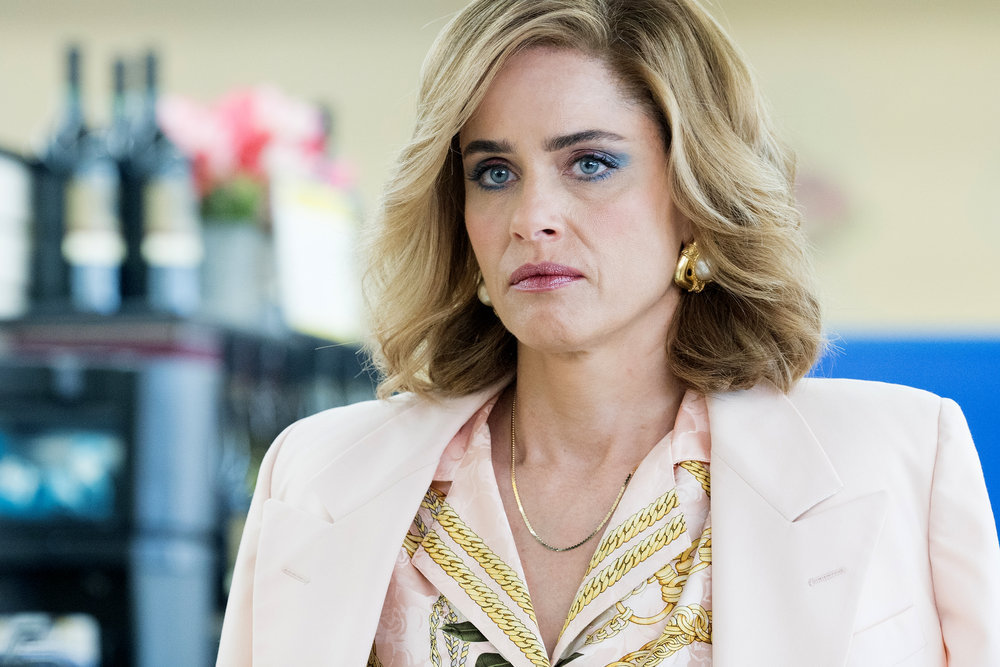CHENNAI: Marital relationships are fraught with challenges. They can become so difficult that a husband and wife find it nearly impossible to carry on together. The reason may be something as simple as losing interest in one another, with boredom setting in, and this can often lead to the man or woman straying. When infidelity is involved, it causes disappointment, rage and can even lead to thoughts of revenge. Hell hath no fury like a woman scorned, goes the proverbial saying, and in Netflix’s eight-episode series, “Dirty John: The Betty Broderick Story,” our lead woman has been ignored, humiliated, harassed and kept away from her four children. She is especially fond of her two little boys, but her husband, in a fit of mulish anger, becomes illogical and wicked.
The current series is actually the second part in a limited edition that ran in 2018 and was meant to shock viewers. The first part had Connie Britton portraying a woman who is alienated from her family and friends by her sweet-talking, charm-oozing lover boy, played by Eric Bana.

Amanda Peet’s Betty Broderick is excellent as a woman who is merely asking for justice. Supplied
Amanda Peet’s Betty Broderick is forced to live in isolation by her 40-something husband, Dan (Christian Slater), who cuts her off from her children and source of income. Dan is a medical doctor who studies law, gets into the bar and becomes an expert in pharma/hospital malpractices. With his knowledge of the law, he twists and turns facts to harass Betty, hauls her to court and sends her to jail for the slightest of provocations. With no visitation rights and no monthly checks, poor Betty turns into a bundle of misery and hopelessness. The story — based on a true incident — takes place in 1989, and it is a man’s world. Betty’s friends are so scared of their husbands, who happen to be Dan’s associates, that they refuse to rescue her. When Dan marries his 19-year-old secretary, Linda (Rachel Keller), after divorcing Betty but not before carrying on a torrid affair with her right under his wife’s nose, the picture can only get bleaker.

The series, created by Alexandra Cunningham, shows how Betty is pushed to the precipice, a point of no return for her. Supplied
The series, created by Alexandra Cunningham, shows how Betty is pushed to the precipice, a point of no return for her. Those who already know the story that made media sensation in the late 1980s — and even those who may not be aware of the case — might be able to guess how the plot winds its way to the climax.
Peet is excellent as a woman who is merely asking for justice — the custody of her young sons and a decent maintenance allowance to allow them to live comfortably. But she does not get that, and her angst and anger are portrayed with superb emotive ability.
Slater, as the scheming husband who becomes smitten with his secretary, is just about passable but is ultimately unable to bring into his character the vile vindictiveness the narrative demands. In the end, both appear juvenile. The man could have been gracious, the woman forgiving. But humans are great at messing up their lives, and “Dirty John” is such a telling example of this.












